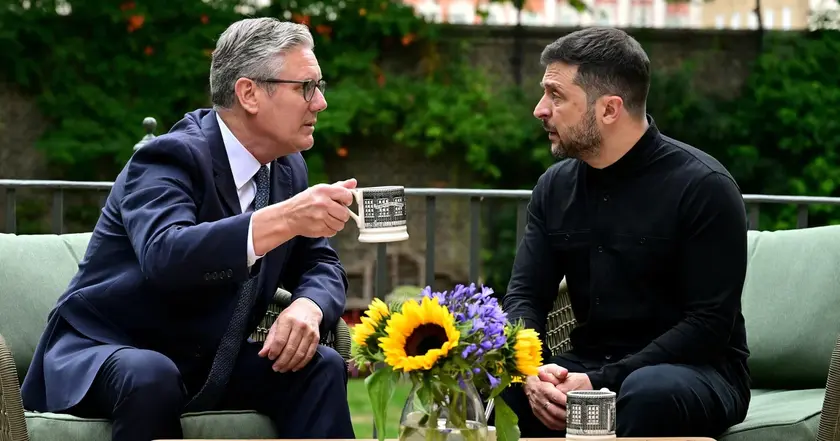T4K3.news
EU leaders insist Ukraine borders cannot be changed by force
EU leaders reaffirm Ukraine’s territorial integrity and warn against border changes achieved by force.

EU leaders reaffirm Ukraine’s territorial integrity while warning against any border changes achieved by force.
EU leaders insist Ukraine borders cannot be changed by force
EU leaders published a statement underscoring that the people of Ukraine must be free to decide their future and that Russia’s war has broader implications for European security. The text notes sensitivities in nearby states and cites steps like Sweden and Finland joining NATO, Baltic countries restoring conscription, and Poland allocating funds to build a barrier on its border with Russia. It also rejects any legal recognition of Russia’s sovereignty over territories seized by force and references a stance by Nato’s leadership that de facto control should not be formalised. The report highlights that formal recognition would require constitutional changes in Ukraine, which could stall or end President Zelensky’s government, and cites analyst Mark Galeotti saying no one is talking about international recognition at this stage. Hungary’s abstention from the statement is noted as a sign of potential EU disunity, while former US president Donald Trump’s remarks on potential peace terms inject additional uncertainty into the diplomatic picture. The piece also mentions Trump’s claims about meeting Viktor Orban and the upcoming conversations with Trump and European leaders in the near term, including Keir Starmer’s insistence that peace must be built with Ukraine, not imposed on it.
Key Takeaways
"We would be recognising that for the moment Russia does control almost 20% of Ukraine but international borders remain what they are."
Galeotti explaining why de facto gains do not equal formal recognition
"Hungary does not associate itself with this statement"
Orban’s stance reflecting a split within the EU
"What a stupid question"
Trump recounting how Orban supposedly viewed Ukraine's prospects
"Peace would have to be built with Ukraine, not imposed upon it"
Keir Starmer on conditions for any settlement
The proceedings reveal a delicate balance between backing Ukraine and avoiding any treaty language that could be read as endorsing altered borders. EU leaders show a clear preference for defending Kyiv’s sovereignty while acknowledging the difficulty of achieving a fast, comprehensive settlement. Hungary’s quiet reluctance exposes a fault line inside the bloc that could complicate future actions if national interests diverge further. The involvement of US voices, including Trump, adds a layer of geopolitical risk as Western unity must contend with domestic political calculations in Washington. The episode suggests that the path to a durable peace will require careful diplomacy, credible defense support for Ukraine, and a more inclusive conversation about what stability looks like in a post-conflict Europe.
Highlights
- Borders cannot be rewritten by force
- Peace must be built with Ukraine not imposed upon it
- De facto control is not de jure recognition
- Unity wears thin when a member balks
Political sensitivities around Ukraine borders
The article touches on border status, sovereignty, and potential shifts in EU cohesion. It involves national pride, alliance commitments, and the risk of backlash from domestic audiences or rival blocs. The discussion could trigger political controversy and influence investor or public sentiment.
The road to a durable settlement will test European unity in the months ahead.
Enjoyed this? Let your friends know!
Related News
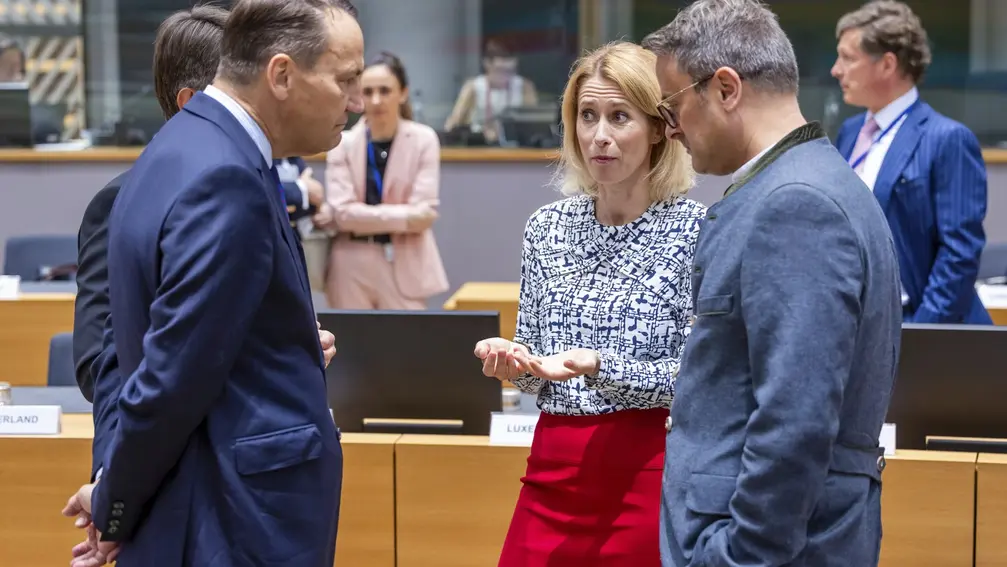
Alaska summit to test Ukraine sovereignty
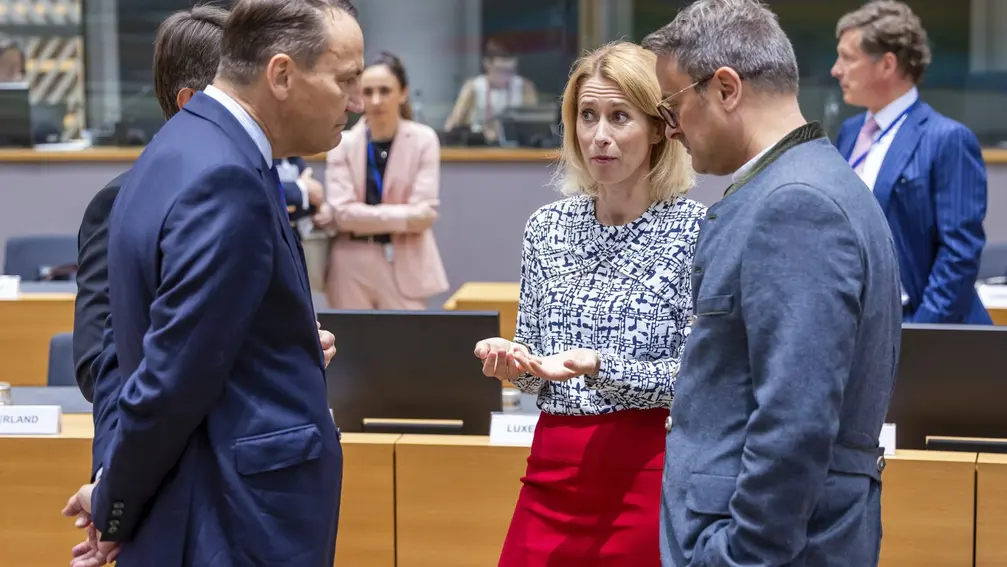
Pre summit diplomacy expands virtual talks ahead of Alaska summit

Ukraine unity shows in advance of Alaska talks
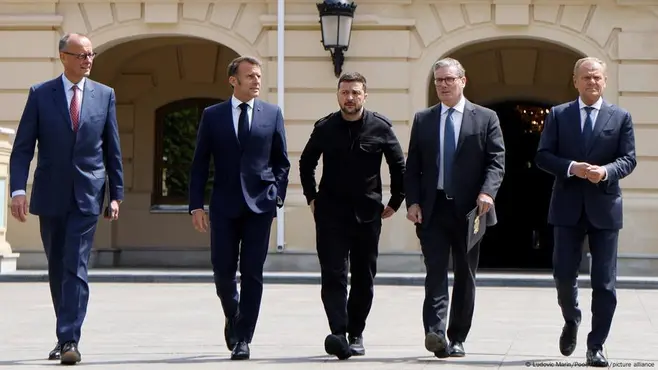
Ukraine support under pressure ahead of Alaska talks
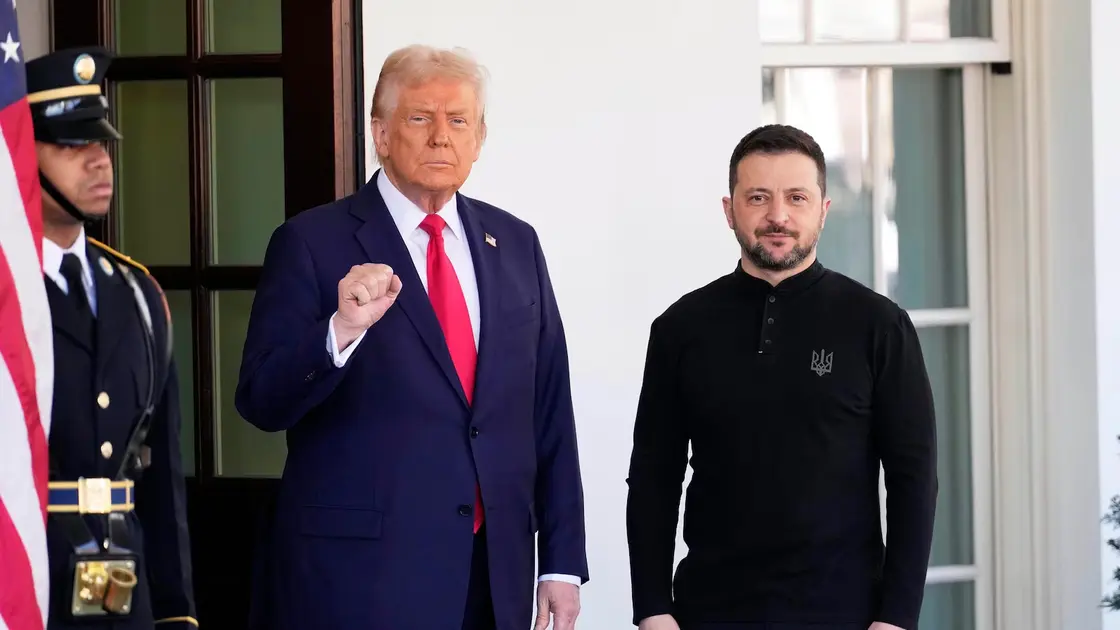
Trump sets stage for Zelenskyy visit
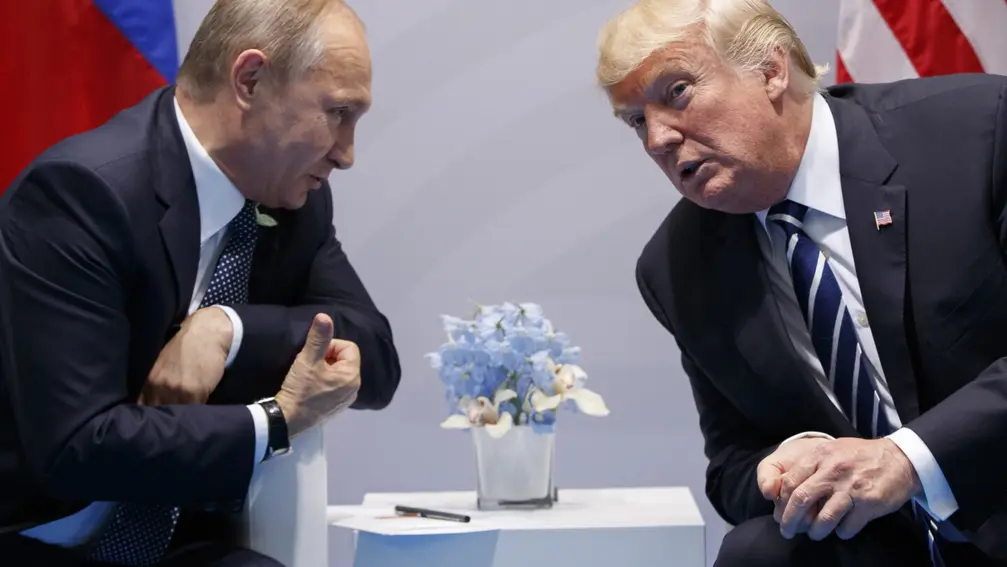
EU presses Trump to defend security interests at Putin summit

Putin signals Donetsk focus in Alaska talks

Ukraine rejects Donbas concessions in ceasefire talks
